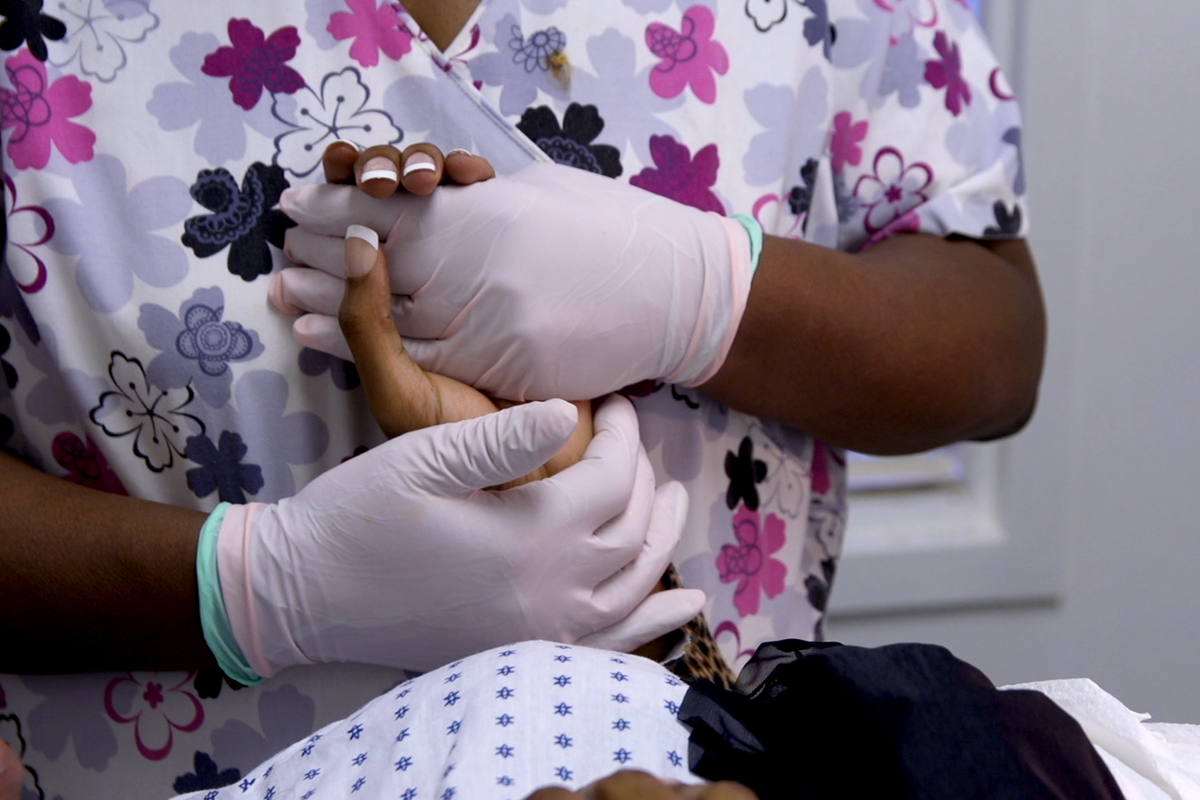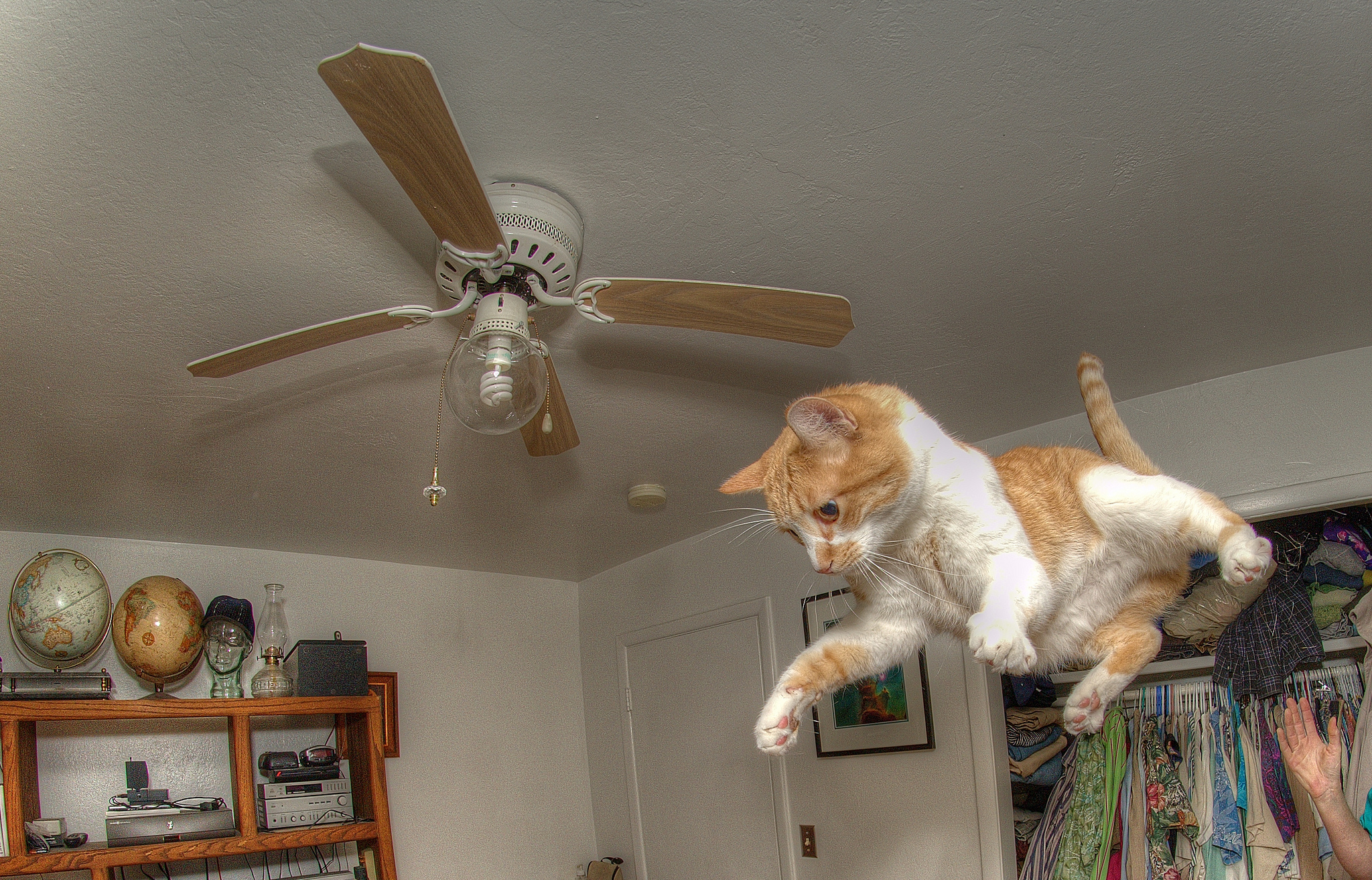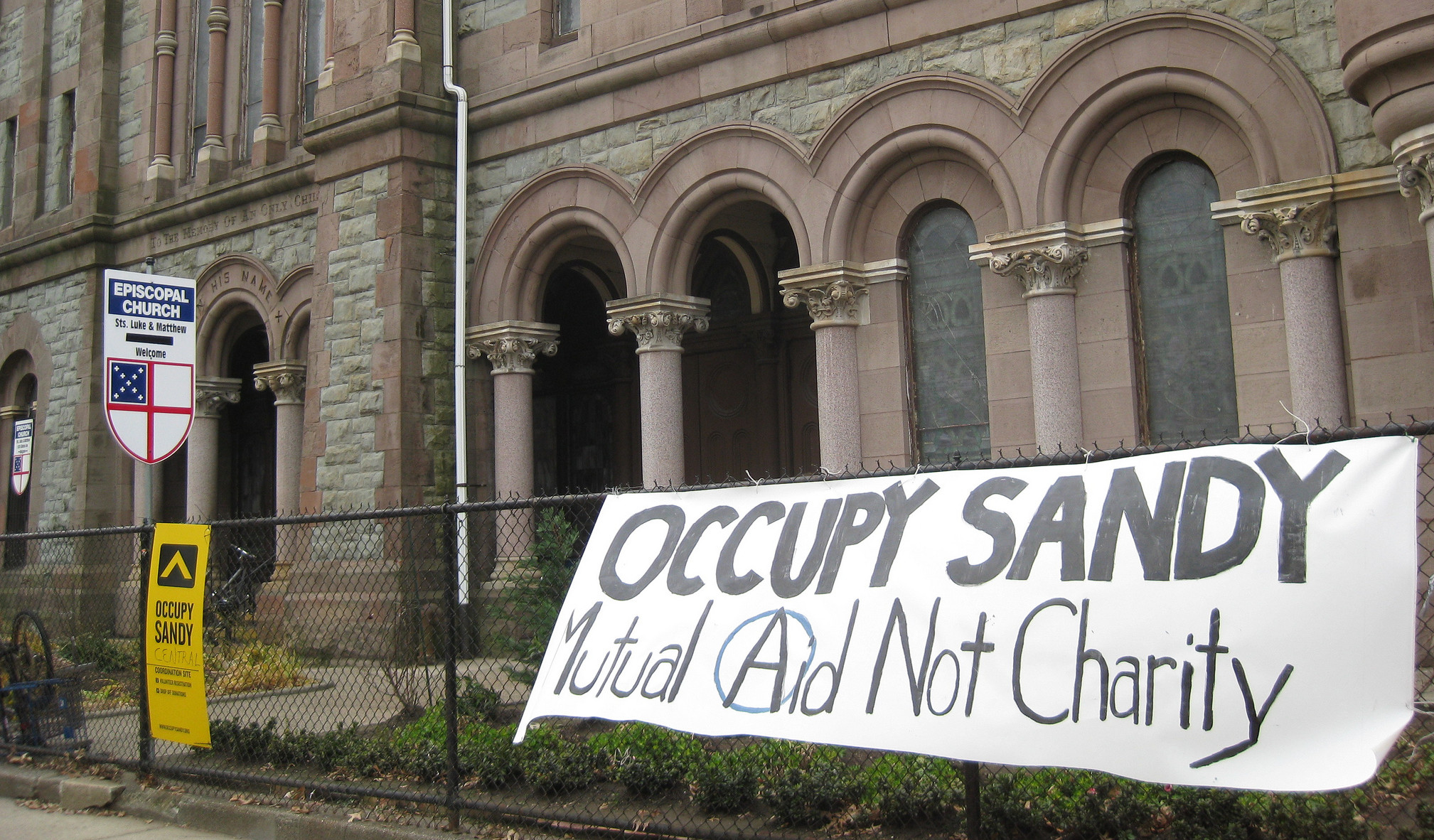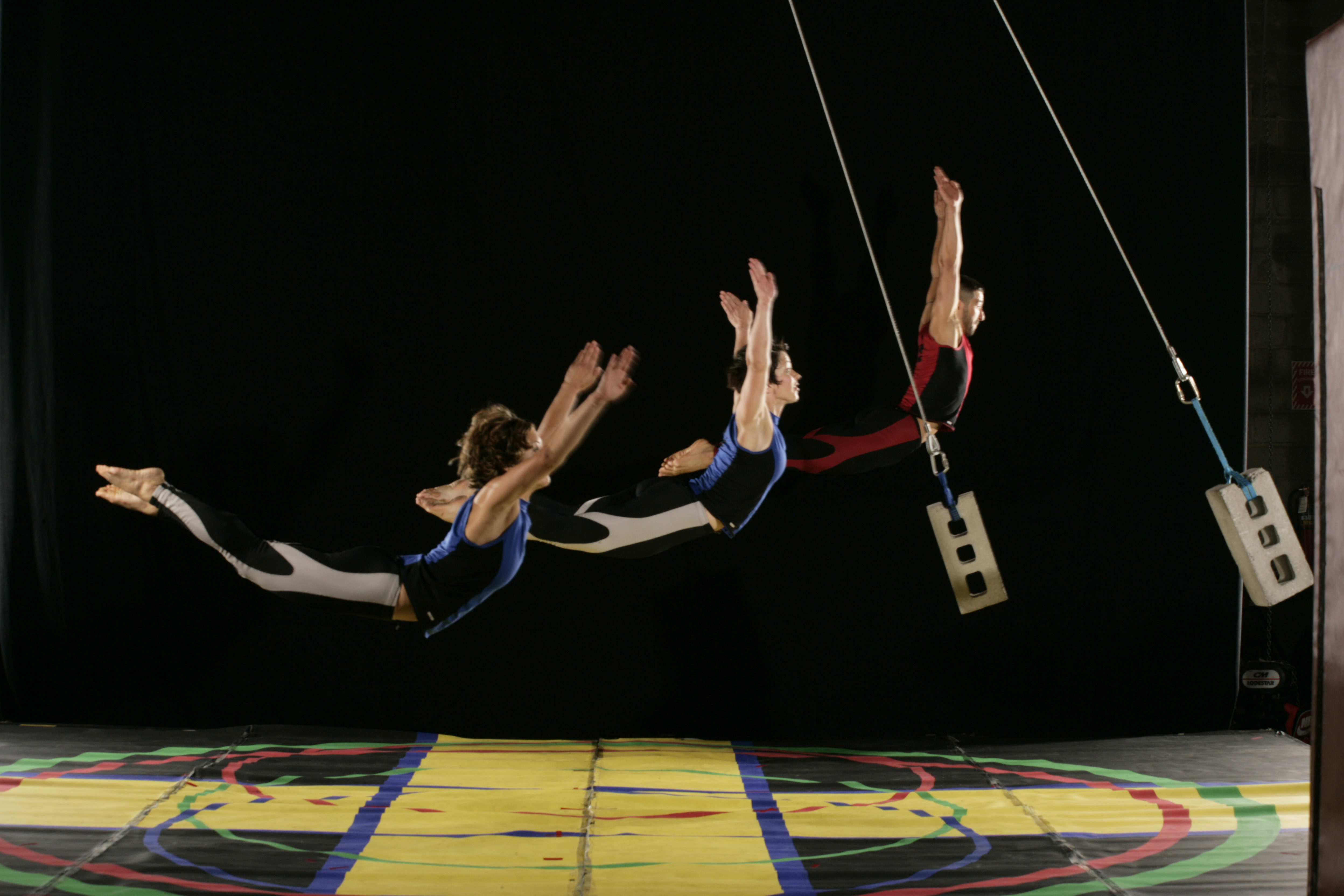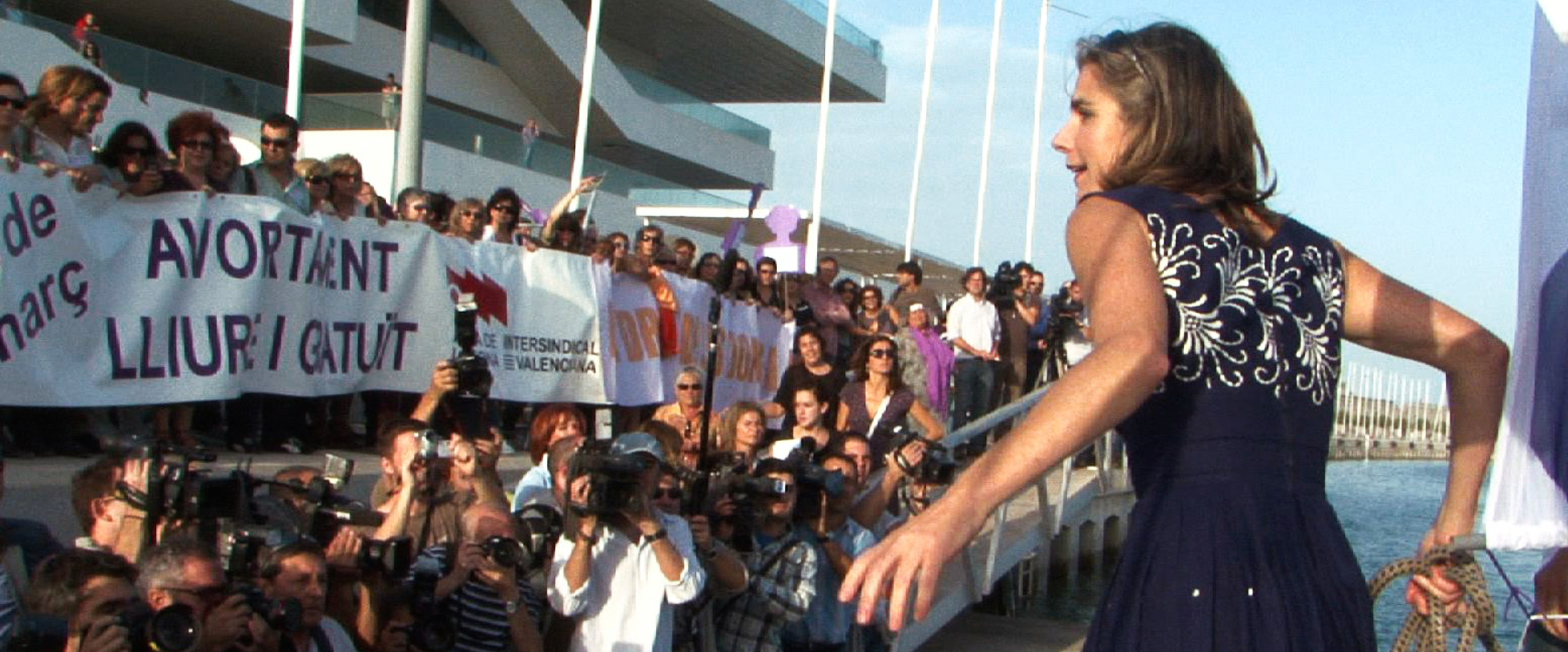I’ve made it down to the Austin Convention Center for the first time at this year’s South By SouthWest, and I’m excited to kick off my coverage.
Today I am taking it slow — spent the morning wrapping up some work for MintPress News’ TV show, Behind The Headline, and allowed myself some extra time to ride my bike downtown because of the traffic apocalypse caused by SXSW’s first day and Barack Obama’s visit. It still only took me about 15 minutes, and I’m feeling pretty out of shape from the winter too!
In case you’re wondering, I’m not attending Obama’s keynote address because this is the kind of topic that will be amply covered by other journalists and in other outlets. If you want a sneak preview, check out the hashtag #POTUS. And yes, apparently Obama stopped at Torchy’s Tacos on the way here!
